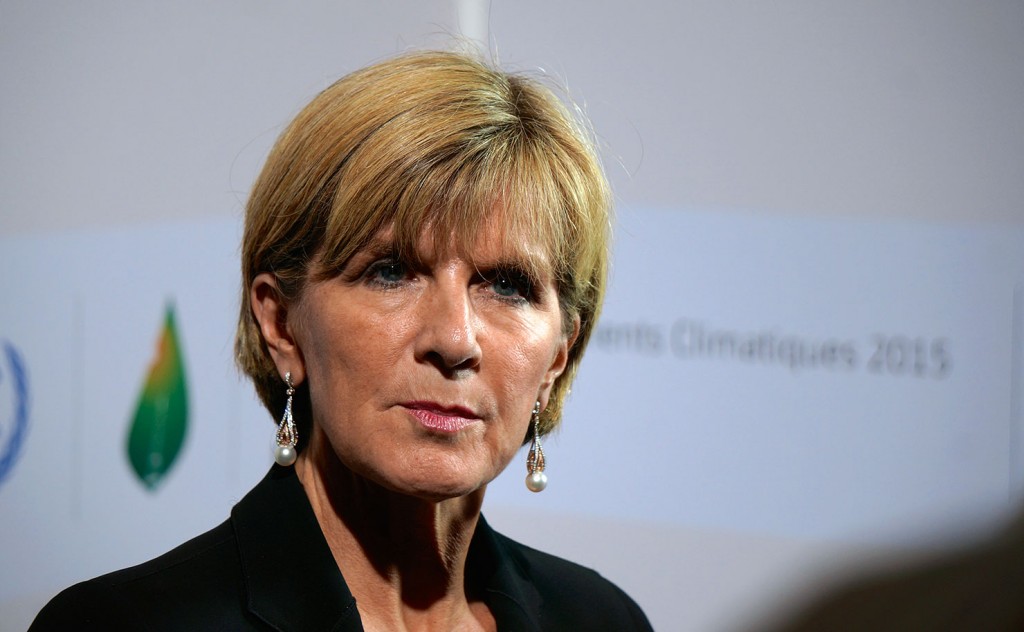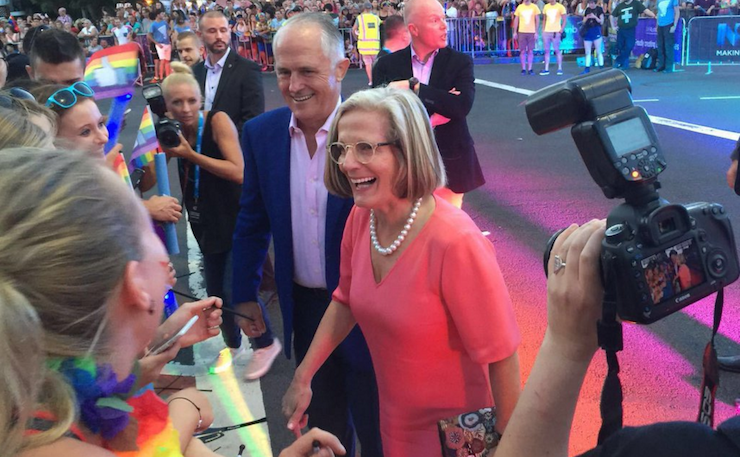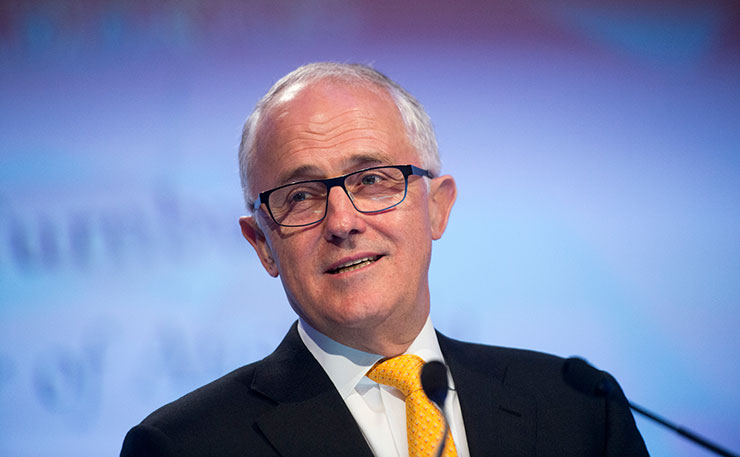It’s tempting to brand Malcolm Turnbull a spineless populist. While the first bit may be right, the second clearly isn’t. Martin Zavan explains.
In the wake of a shock pro-Brexit decision and Donald Trump’s election win large sections of the global intelligentsia were quick to announce the arrival of a new era of populism.
The commentators of the world told us that leaders had stopped leading and instead channelled the electorate’s basest fears. They didn’t offer practical solutions but pinpointed problems with laser precision, fanned the fears and reaped the votes.
Previous political realities were said to have been as dead as Hillary Clinton’s presidential dreams, but less than a year later it seems the predictions of an all-encompassing populist tide were as hyperbolic as some of the catch cries that spawned them.
Australia has not been immune to the effects of this global trend. It would be inaccurate to describe the Turnbull government as purely populist but the Coalition has clearly embraced certain aspects of the pseudo-ideology. The most blatant example is the way it has tried to establish a dynamic pitting “ordinary people” against “privileged elites”, all while maintaining a straight face. However, when it comes to embracing, in policy, the will of those same people the Turnbull government fails the populist test.
Australians would probably welcome the Coalition embracing a bit of populism on issues like climate change and energy, same sex marriage and banning nuclear weapons.
In the days before Australia sat fecklessly on the UN sidelines as the world took action to implement a ban on nuclear weapons Reachtel polling commissioned by Greenpeace Australia Pacific showed that 65 per cent of Australians supported banning nukes.

The figure was even higher in Foreign Minister Julie Bishop’s Curtin electorate where more than 70 per cent of voters said they supported the ban.
The will of the people was clear, albeit at odds with the government’s position.
So much for populism.
Another topic that has dominated the headlines in recent months has been the electricity debate and the role of coal-fired power generation in Australia’s energy future.
A Lowy Institute poll undertaken in March revealed that 81 per cent of Australians wanted policymakers to focus on clean energy sources such as wind and solar, even if they cost more to ensure grid reliability.
Around the same time a Fairfax/Ipsos poll found that just 33 per cent of Australians thought we should continue using coal-fired power while almost double that figure, 61 per cent, said it was time to embrace alternatives.
But three times is a charm and in June a Guardian/Essential poll showed 64 per cent of Australians preferred new investment in renewables to meet future energy needs, with only 18 per cent preferring new coal-fired power plants.
So, you would expect a government reflecting the will of the people to forget about coal-fired power and develop an energy policy with renewables at its centre.
You’d be wrong.
Not only has the Coalition chosen not to do this but a number of vocal members on its fringes are openly advocating for more public money for coal projects and an energy future that looks a lot like the past.

Cue the same sex marriage debate and a pattern is clearly starting to emerge.
Although support for a ‘yes’ vote has dipped since the respective campaigns got underway a clear majority of Australians remain in favour of marriage equality.
An Essential poll commissioned by The Guardian put the number at 55 per cent, with 34 per cent opposed and 11 per cent undecided.
While not as resounding as the Fairfax-Ipsos poll from earlier this month that showed 70 per cent support for same sex marriage, the will of the people is still pretty clear.
Not clear enough it seems.
Despite the data the Coalition’s position is essentially “it’s not our problem”. The irony would be hilarious were the subject not so serious.
The government initially wanted a plebiscite on same sex marriage because it claimed it could not in good conscience legislate on the issue without hearing the views of the people. When that option started to look difficult to deliver on the government floated a postal plebiscite because in the words of Attorney General George Brandis: “we are going to exhaust every option to ensure the Australian people have their say”.
Sounds fair, but at the same time a number of Coalition MPs have said they would remain opposed to changing the legal definition of marriage regardless of the outcome of the vote.
The government talks a good game about respecting the desires of the people but ignores them when those desires clash with their own conservative agendas.
If a new era of populism is upon us then Australians who support same sex marriage, banning nuclear weapons and an energy future without coal at its centre may be hoping that Turnbull and his mates embrace all aspects of the ideology this time around.
Donate To New Matilda
New Matilda is a small, independent media outlet. We survive through reader contributions, and never losing a lawsuit. If you got something from this article, giving something back helps us to continue speaking truth to power. Every little bit counts.







